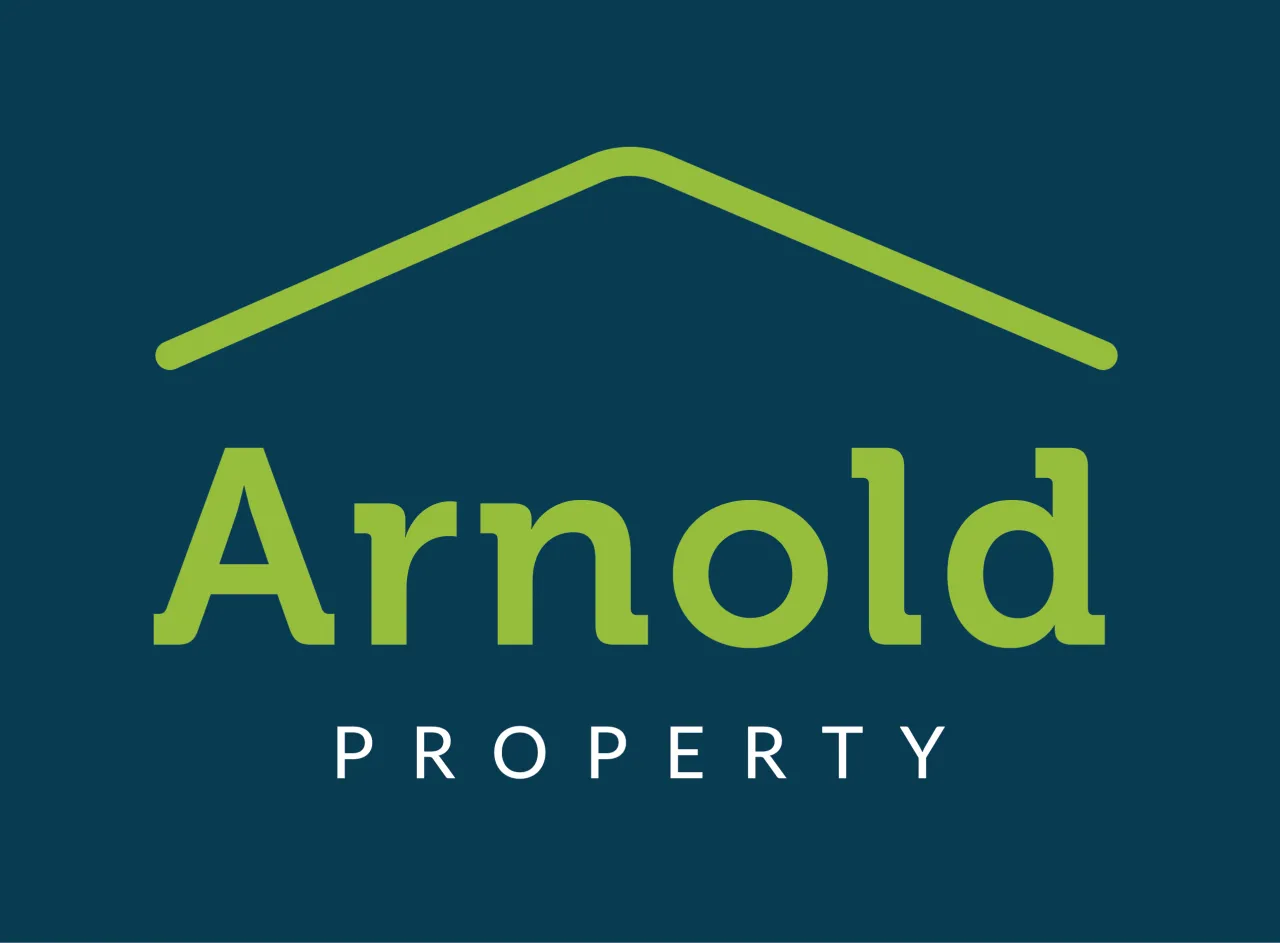Buying a property is often the biggest financial decision that a person will make. If you’re prepared and equipped with the right knowledge going into the process, it will make things much smoother. We’ve compiled a list of answers to the 7 most frequently asked questions about buying your first home.

Should I buy instead of rent?
This will depend on a number of factors and is the age-old debate when it comes to housing. Your decision should be based on your individual financial status, employment, lifestyle, and needs. It’s a good idea to consult a professional for personalised advice when purchasing your first home.
The easiest way for us to help you find your dream home/perfect investment is to provide us with your ‘checklist’ of what you wish your property to have. This should include: location, ‘must haves’, and price range. Finance should be arranged prior to inspecting properties. We recommend you speak to a couple of different financiers to see who offers you the best option for your requirements.
Benefits of buying a house
The benefits of buying a house rather than renting a house or apartment include:
- Tax breaks
- Financial gains
- Appreciation in value
- Equity
- Capital gains
- Freedom
- Security
- A sense of pride
If you’re considering buying your first home, there are many things to consider. Ask yourself the following questions to determine whether you’re ready to buy:
- Do I have a steady job?
- Have I been steadily employed for the last two to three years?
- Is my current income reliable for the foreseeable future?
- Do I have a positive bill-paying history?
- Do I have few outstanding long-term debts, like car payments?
- Have I saved for a down payment?
- Can I afford to pay a mortgage, taxes, utilities, and insurance?
How do I select the right property?
Once you’ve decided that property ownership is for you, you can focus on properties that suit your lifestyle and budget. Do plenty of research, especially if you’re unfamiliar with the area you’re looking in. You may need to shift expectations but setting realistic goals and limitations will set you on the path to good property decisions.
What’s the process of applying for a mortgage?
Applying for a mortgage can be a tricky process, and one forgotten piece of information can be grounds enough for lending institutions to decline your application. Each bank offers different home loan packages; however, this is a general guide on how to apply for a mortgage:
- Calculate your deposit
- Calculate your borrowing capacity
- Choose the mortgage that best suits you
- Apply for a loan
- Formal approval and settlement
Make sure you research and compare your options. Lending institutions will want to see your proof of income to ensure you’re able to repay the loan. If you’re employed this will include your payslips and if you’re self-employed this will include your tax returns.

What are the upfront costs in buying a home?
In addition to mortgage repayments, you need to be aware of the upfront costs involved in buying a home. These upfront costs include:
Stamp duty/transfer duty
This is a state tax on all home purchases, based on the property price, location and type of home loan you have. This will be a one-off payment that you need to factor into your budget.
Find out how much you’ll have to pay by using the NSW stamp duty calculator.
The First Home Buyer’s Assistance Scheme means you may be exempt (partially or fully) from the stamp/transfer duty.
You may also be eligible for a grant, the First Home Owner Grant (New Home), in addition to the First Home Buyer’s Assistance Scheme benefits.
Legal and conveyancing fees
A conveyancer or solicitor will help you meet all legal requirements involved with purchasing your home. They’ll handle most of the paperwork and can answer any questions you may have about the process and explain the terms and conditions of the contract. Depending on complexity, it’ll cost between $700-$2500.
Do your research before hiring a conveyancer. Ask your family and friends if they can recommend someone they’ve used before or ask your real estate agent for their recommendation. Ask your conveyancer for a written estimate of their costs. This should include a breakdown of the likely payments to the local council, water, and electricity companies.
Removal and cleaning costs
You need to budget for the cost of moving all your belongings to the new property. Get quotes from a few different removal companies or hire a truck or trailer and ask friends to help you move to reduce costs.
Consider whether you want to pay for a professional to clean your old property before you hand in the keys. Your new property may also need cleaning before you move in.
Removal costs will depend on distance, how much furniture you have, and who is doing the packing. The NSW Government’s A Guide to the Cost of Home Purchase gives an approximate cost of $550 – $3,500.
House inspections
Once you’ve decided on a property, it’s a good idea to get a qualified building inspector to assess it for structural integrity, safe electrical fittings, and future maintenance costs. You should also get a pest inspection to ensure the property doesn’t have a termite problem or other pest issues. These checks will help to give you peace of mind and could save you a lot of money in the future.
Connecting Gas, Electricity, and Phone Lines
Try and negotiate with the vendor so the power stays on and you’re not hit with reconnection fees.
Home Insurance
Protecting your home against damage or loss is really important. Home insurance (also called building insurance) covers the cost of rebuilding or repairing your home and helps protect you against things that are out of your control, such as damage from natural disasters like storms, floods, and bushfires.
Homeowners usually bundle their home insurance policy with contents insurance into a combined ‘home and contents insurance’ policy. Learn more about home and contents insurance on the moneysmart.gov.au website.
How much of a deposit do I need?
If you have started saving you can start to look at buying once you have at least 5% of the purchase price. If you have between 5% and 20% of the purchase price, you may need to pay what’s called Lenders Mortgage Insurance, which enables lending institutions to lend you a larger percentage of the purchase price. This can be included either in your upfront costs or in your loan repayments so that it’s spread out over the term of the loan. You need to pay Lenders’ Mortgage Insurance if your lending is above 80% of the purchase price.
If you’re a saving genius and have a 20% or more deposit, you don’t need Lender’s Mortgage Insurance. This reduces your overall loan amount, builds equity sooner, and saves you on the interest charged over the life of the loan.

What is a cooling-off period?
After the contracts have been exchanged, a provision called the cooling-off period allows the buyer to have a change of heart and cancel the contract. During this period, the seller is forbidden from selling the property to another buyer.
When you buy a residential property in NSW, you have a five business-day cooling-off period after you exchange contracts. The cooling-off period starts as soon as you exchange and ends at 5pm on the fifth business day after exchange. During this period, you may get out of the contract as long as you give written notice.
A cooling-off period does not apply if you buy a property at auction or exchange contracts on the same day as the auction after it is passed in.
You can waive the cooling-off period by giving the vendor a ‘66W certificate’. It is also possible to reduce or extend the cooling-off period by written agreement with the vendor.
If you use your cooling-off rights and withdraw from the contract during the five business-day period, you will have to pay the vendor 0.25 percent of the purchase price. This works out to be $250 for every $100,000.

How do I decide on an offer to make?
- First, get a copy of the sale contract as soon as possible and have it examined by either a licensed conveyancer or solicitor.
- Have your finance pre-approved
- Offers can be made verbally or in in writing. Putting offers forward in writing (e.g. email) may help you keep track of negotiations and confirm why an offer wasn’t accepted.
Before you make an offer on a property, or invest further in preparing to buy it, research prices for similar properties. Be wary if the agent’s pricing information indicates underquoting. Read more about underquoting here.
Buying Your First Home in Newcastle
Navigating your way through the property market for the first time can be intimidating, there’s no denying that! The process of finding the right home, securing your finances and taking steps along the mortgage process can be overwhelming, but it doesn’t have to be. Arnold Property can help you in your journey of buying your first home so that you’re able to focus on the excitement of securing a house! Call us on (02) 4969 2600 or email mail@arnoldproperty.com.au to learn more.



